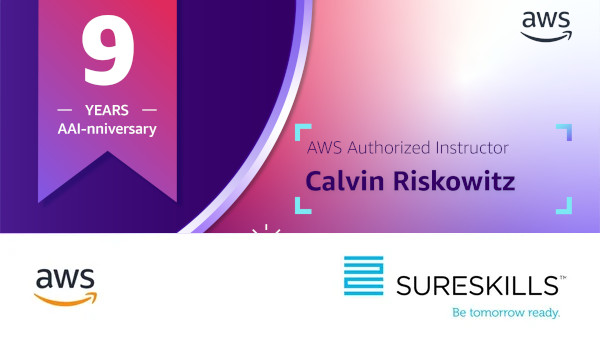
Perception vs reality: the digital skills gap
Research by ICDL Foundation and national providers in seven countries has found that self-assessment is a poor measure of digital skills.
More than 80% of 15-24 year olds worldwide are online. This gives the impression that by having access to digital technologies, people, and particularly young people, automatically learn how to use them. People tend to assume that if they own a digital device and know how to use certain applications, then they already have all the necessary skills for personal and professional life.
However, the disparity between self-assessed skills and those measured in practical tests was large. For example, in Switzerland 85% of survey respondents indicated that they were ‘good’ or ‘very good’ in using the internet and email, whereas, in reality, only 34% of them answered the practical questions correctly.
Digital natives
Interestingly, the research also found that there is no proof of the supposed ‘digital native’ effect which would imply that young people who have been brought up with computers are naturals at using them.
Matthew d’Ancona, research fellow at Queen Mary University of London said: “I don’t think you can expect children to know that (digital literacy) instinctively any more than you can expect them to understand Shakespeare or Proust instinctively. It’s something that is taught; it’s a skill.”
Young people particularly lacked productivity skills, such as spreadsheets, word processing and presentation software. These discrepancies could be explained by the difference between digital ‘lifestyle’ and digital ‘workplace’ skills. Young people easily develop skills that are associated with their hobbies: social media, games, online music and videos.
Findings of the research
The findings were consistent throughout all the analysed countries of Austria, Denmark, Finland, Germany, India and Singapore.
The first clear finding was that self-assessment is a poor predictor of actual performance, and people tend to over-estimate their digital skills. Secondly, digital skills gaps exist in all the surveyed countries in Europe and outside Europe. In addition, digital skills gaps are persistent among young people as well as their older counterparts. Finally, people who have previously acquired digital skills certification perform better than those without such a certification.
The report concluded that self-assessment tools should therefore be complemented by a diploma or certificate as evidence of the claimed competence level.
An online tool can help you to understand your level of digital literacy. It can be found here: http://www.digitalliteracy.eu/
SureSkills and the Irish Computer Society have joined as national partner for ICDL Workforce. Contact SureSkills to see how you can bridge your company's skills gap.





